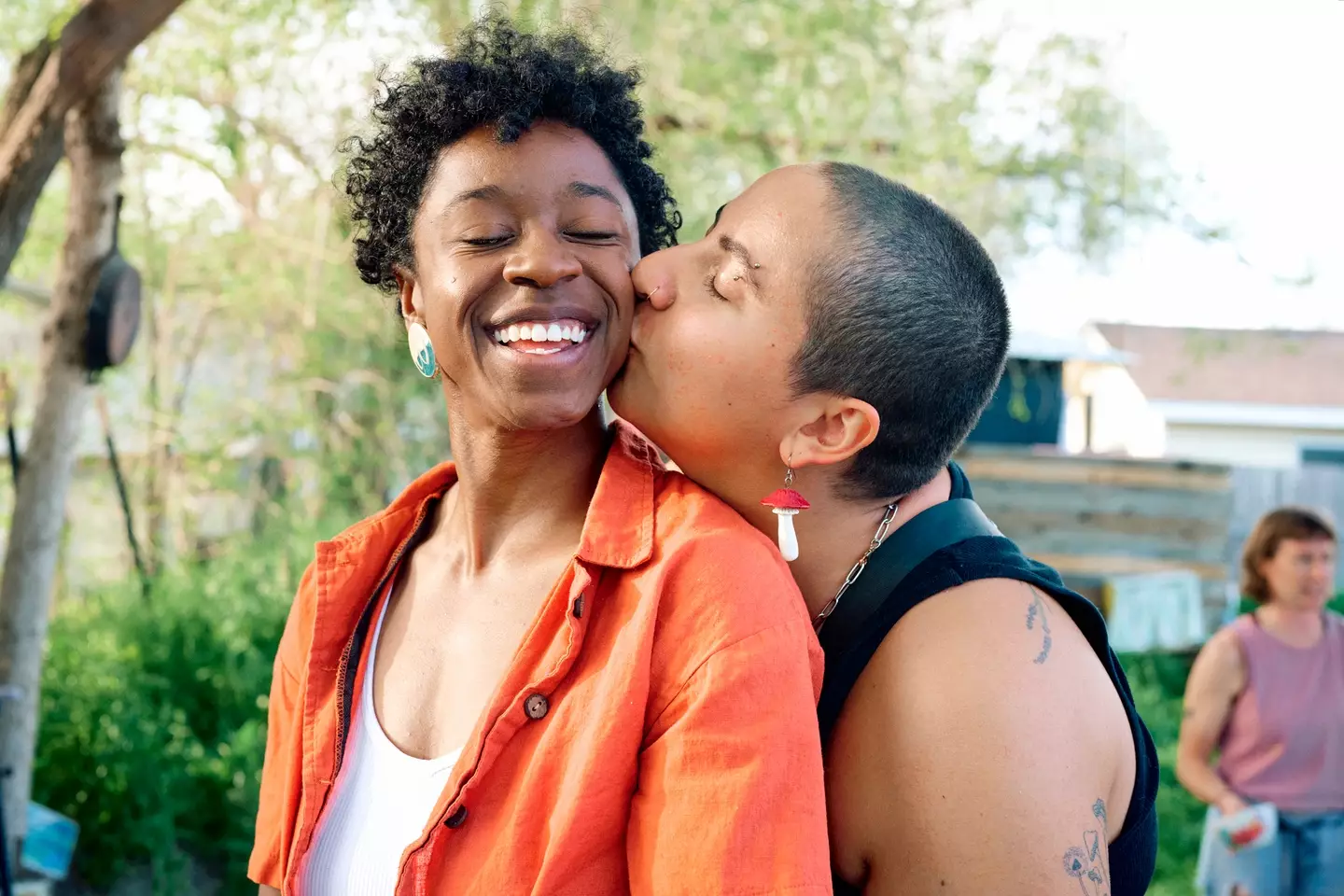
'Graysexuality' is apparently on the rise as more and more people are identifying with the identity.
It's widely accepted that identity is a spectrum, and likewise some believe sexuality is also less 'black and white' than traditional heteronormativity would have us think.
Millions of people around the globe now shun the gender binary view, identifying as non-binary or genderfluid under the LGBTQ+ umbrella amongst a long list of other alternative identities.
However, there's a new kid on the bloc that has dozens are now saying aligns with how they feel called 'graysexuality,' or gray-A.
Advert
While the sexuality lends to the asexual spectrum, where people don't tend to have any sexual attraction towards others or may not have a sexual orientation at all, gray-ace people don't fully sit right with this definition.

People who can't fully identify with the asexual definition might instead sit somewhere in the middle of having no sexual feelings at all to a conventional sense of attraction and/or sexuality.
As the name suggests, the sexuality is quite hard to define, posing a sexual 'gray area'.
However, despite this, WebMD has given a good punt at it, stating it comes under three different types: sex-repulsed, sex-neutral and/or sex-positive.
What this means is a Gray-ace person might be repulsed by or disinterested in sex, or, at the other end of the spectrum, not repulsed but equally not actively seeking it out either.
Gray-ace people might be willing to have sex if they're in a relationship or for pleasure if they're sex-neutral or sex-positive.
It adds other common characteristics include not prioritizing sexual attraction in romantic partners, not considering sex as important and/or showing affection to their partner in other but non-sexual ways.

Licensed marriage and family therapist Shadeen Francis also told Men's Health how a graysexual person might feel.
One of her examples included: "I feel like I experience attraction occasionally, but only in particular contexts."
While another, "Maybe I like certain kinds of activities, but I’m repulsed by or turned off by others.”
“A person who identifies as graysexual is often a person who is saying that ‘my identity—my sexual orientation—exists in the gray,’” Francis added. “Graysexuality is part of the larger asexuality, or ace, umbrella.”
Experts stress the sexuality has no correlation to people who have a low sex drive or libido, which can be prompted by relationship or other lifestyle changes, like medication or illnesses.
Conversely, graysexual people might have a high libido in some circumstances.
Francis further said some people under the gray-A umbrella might share similarities with demisexuality, where people experience attraction after making a strong emotional connection with a specific person.
The Demisexuality Resource Center adds: "Some demisexuals also relate to other definitions of gray asexuality, such as finding experiences of sexual attraction confusing or hard to pin down... It is possible and valid to use both labels if they both apply."
Topics: LGBTQ, Sex and Relationships, Community